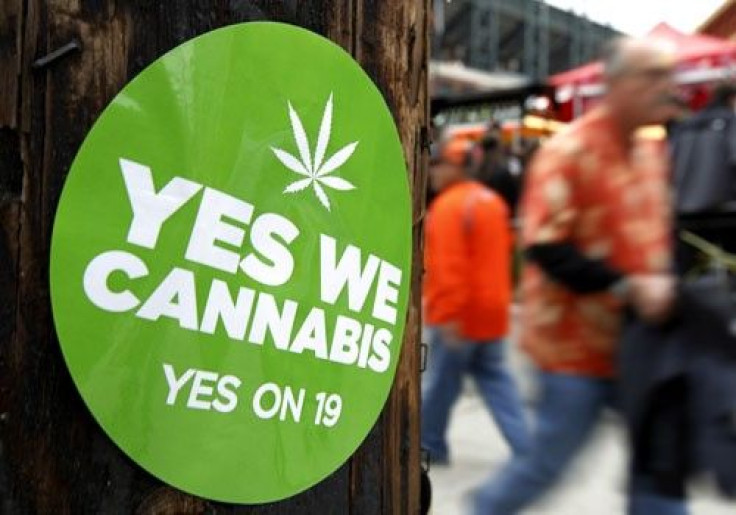Tobacco Kills 6 Million, So Why is Marijuana the Criminalized Substance?

May 31 is 'World No Tobacco Day.' The World Health Organization (WHO) took this opportunity to remind everyone the harmful effects of this substance.
It cited the following figures:
- Tobacco is expected to kill nearly 6 million people in 2011
- By 2030, it could kill 8 million people
- Tobacco is one of the biggest contributors to the epidemic of noncommunicable diseases - such as heart attack, stroke, cancer and emphysema - which accounts for 63% of all deaths, nearly 80% of which occur in low- and middle-income countries
- Up to half of all tobacco users will eventually die of a tobacco-related disease
Realizing the detrimental health effect of this substance, governments around the world have slapped on warning labels and raised consumption taxes. Still, tobacco is legal.
Another legal substance is alcohol, which kills 2.5 million people per year, according to the WHO. Drunkenness also causes many injuries and induce people to commit violent acts.
Meanwhile, a respected study from UCLA concluded that smoking marijuana, even regularly and heavily, does not cause lung, neck or head cancer. In fact, there is even a suggestion of some protective effect.
Previously, academics theorized that smoking marijuana causes cancer because of carcinogenic chemicals. However, the UCLA study and other found no such link. One explanation is that THC, a chemical found in marijuana, has a protective and medicinal effect.
Indeed, medical marijuana is legal in some US states because cannabis, a naturally occurring plant, has a proven healing effect; it helps with nausea, vomiting, and pain. It may have other healing properties, but those aren't clearly understood because marijuana is restricted even for academics.
Professor Lyle Craker of the University of Massachusetts-Amherst tried for a decade to obtain legal permission to grow marijuana for medicinal research. However, he recently gave up because of excessive government red tape.
Craker told IBTimes that while he doesn't support the recreational use of cannabis, the beneficial medical effects of cannabis should be well-understood and well-documented by the modern medical community. He said smoking is probably not the healthiest way to consume cannabis - baking it into a brownie is safer.
Steve Fox, director of public affairs for the National Cannabis Industry Association, said there is no rational reason for criminalizing marijuana.
He said it all started in the 1930s, when marijuana was criminalized on the national level due to propaganda spewing exaggerations and complete falsehoods. The most infamous propaganda material was a film titled Reefer Madness.
The propaganda also had racist overtones, said Fox.
In the 1970s, Richard Nixon launched his 'War on Drugs,' which was a cultural war against marijuana, he said.
In recent years, major academic studies have debunked the lies about marijuana. Still government propaganda and cultural bias remain, he said.
Fox, however, is optimistic about the legalization of marijuana going forward because more and more people know the truth.
Indeed, the latest Gallup poll shows that 46 percent of Americans support marijuana legalization.
© Copyright IBTimes 2024. All rights reserved.











